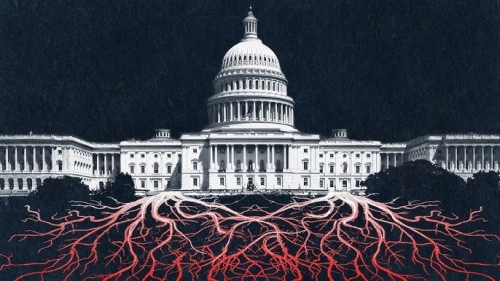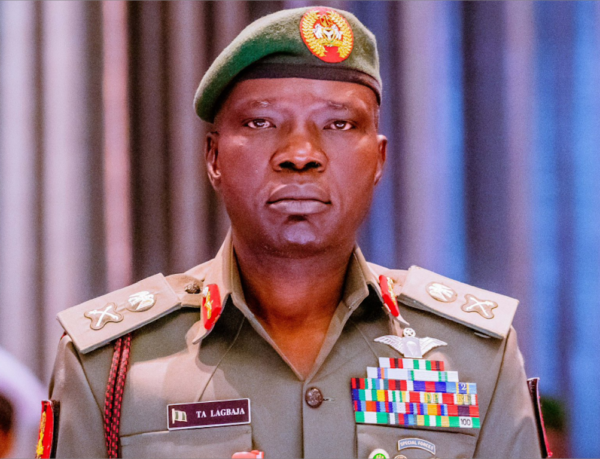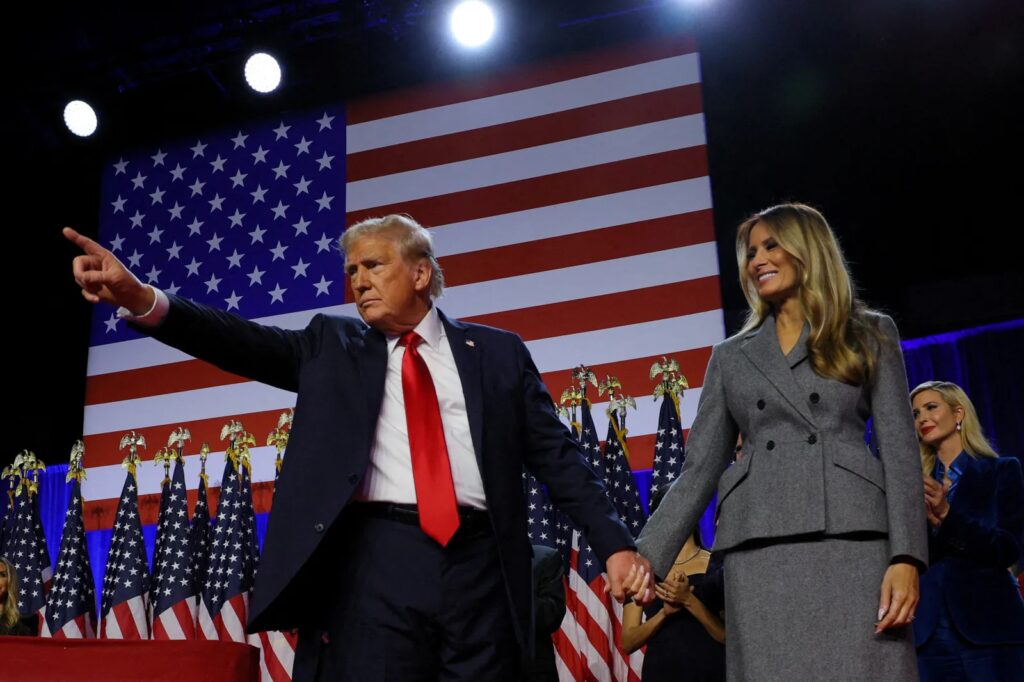2084-The World as It Might Be (Or Do I Mean Might Have Been?)

Honestly, what would George Orwell have written about this planet of ours, four decades after that ominous year 1984 passed from his fiction into history?
And yes, in case you think that, as in his novel 1984, published in 1949, a year before his death and just as the Cold War (a term he was the first to use in an essay in October 1945) was getting underway, our world, too, seems to be heading for a nightmarish future, I suspect that — were he capable of returning to this planet of ours — he wouldn’t disagree with you for a moment. Phew! Sorry for such a long, complicated sentence, but little wonder given the way our world is now tying itself in knots. Yes, just last week, with the election of climate-change denier and (to steal from Orwell) our very own Big Brother Donald Trump as president of the United States (again!), we just paved the way for an instant all-American nightmare. Still, even without him, the world was anything but peachy keen.








